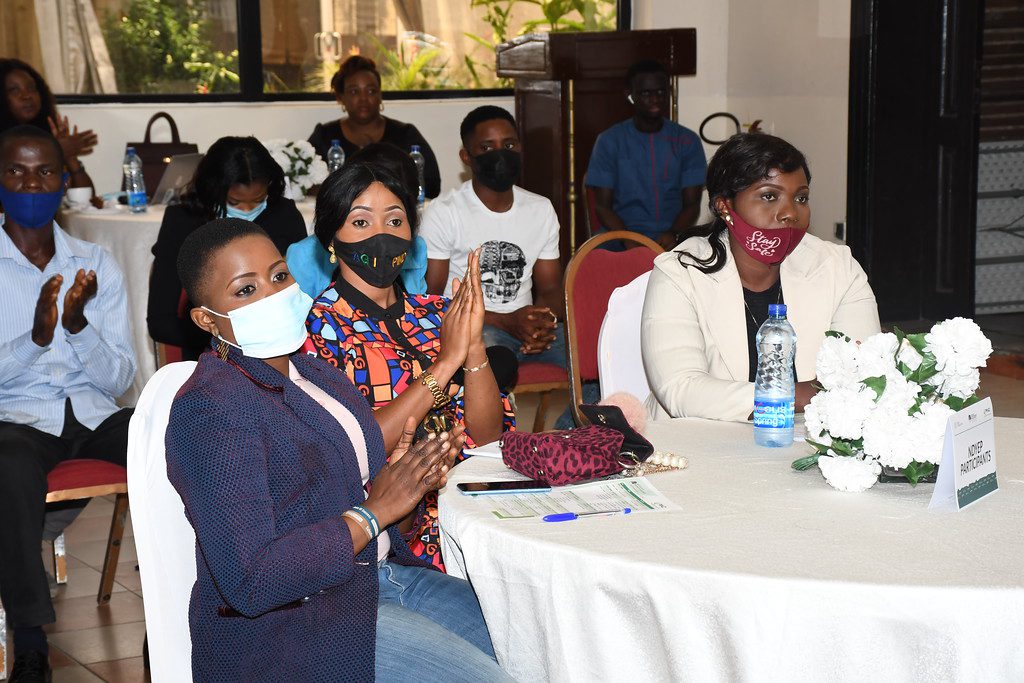
On Wednesday 14 April 2020, The Foundation for Partnership Initiative in the Niger Delta (PIND Foundation) facilitated a close-out workshop for the Niger Delta Youth Employment Pathways (NDYEP) Project. Held at the Hotel Presidential in Port Harcourt Rivers, State, the hybrid event featured both online and physical participation aligned with the COVID-19 protocols.
Funded by Ford Foundation and implemented between September 2017 and March 2021 in two phases, the 2-year project was piloted in three States – Abia, Akwa Ibom, and Rivers – and in emerging sectors of agriculture, construction, finished leather, ICT, and renewable energy that showed great potential for youth employment according to the labor market assessment conducted in the States.
NDYEP is an innovative model designed not just to train but to prepare youth (including the young people living in rural areas, women, and persons living with disabilities) with market-relevant skills for securing sustainable jobs. The project aimed to train 4,500 vulnerable Niger Delta youth on market-relevant, demand-driven skills as well as soft skills, preparing them for either formal employment, internship/apprenticeship, or entrepreneurship through business start-ups; modeling multiple pathways to employment. Over the two phases of the pilot, 4817 participants were enrolled, 4,355 completed the training successfully and 1,933 of the successful trainees are currently linked to waged employment via apprenticeship/internship, or entrepreneurship, each now earning income.
The lack of access to economic opportunities in the Niger Delta is one of the leading causes of unemployment which in turn is a driver of conflicts and youth restiveness in the region. The region records some of the highest rates of unemployment in the country, higher than the national average. With the limited economic activities and other disruptions triggered by the COVID-19 pandemic in 2020, the country’s unemployment rate previously at an average of 23 percent spiked to 27.1 percent as at the second quarter of 2020 and according to the recent National Bureau of Statistics (NBS) unemployment report, there has been a 6.2 percent increase, raising the national unemployment rate to 33.3 percent in the fourth quarter of 2020. Some Niger Delta States are at the top of the list of states with the highest employment rates.
“So, addressing unemployment remains one of the most significant development challenges at this time for governments and actors at the national and sub-national levels, including the Niger Delta. And that is why celebrating the wins of the NDYEP project today is important while replicating such innovative approaches to skills development that will contribute to economic recovery and growth post-COVID-19 is of even more importance”. Dr. Dara Akala, the Executive Director of PIND Foundation stated during his opening remarks.
During the close-out workshop, implementing partners and project participants of the NDYEP project shared stories about their successes, key learnings, and experiences on the project.
“In my organization, we offer different skills program but coming into the NDYEP project and the strategy that was adopted; working with the university, the people actually in the construction industry that are masters of construction, it was quite a learning experience for us especially the aspect of building the participants’ soft skills.” said Chika Chinwah one of the implementing partners of the project.
Another highlight of the close-out workshop was the award of 80 successful participants of the NDYEP Business Plan Challenge Fund. The competitive business plan challenge aims to encourage and support innovative micro/small business enterprise ideas that create opportunities for income generation and jobs for aspiring young NDYEP trainees in the three project states of Abia, Rivers and Akwa Ibom States. Winners of the NDYEP Business Plan Challenge Fund were awarded between 5, 00,000 Naira for sole proprietors and 2,000,000 Naira for start-ups or cooperatives. The workshop also recognized the services of the Project’s Advisory Committee to the project.
Ogbonna Mary, a project participant under the ICT sector shared that “Before the NDYEP project, I had a life but it was not the kind of life I dreamt of. I used to be one of those sales girls at the market in Aba to assist my aunty but then I have always wanted more for myself. Not until that fateful day when a friend of mine told me about the IGHub entrepreneurs and developers fellowship and I took that bold step to register and it has been the best decision of my life”. She has since the NDYEP training worked as a market research journalist for Google PPDC, is also a Google digital skills trainer, and even co-founded a startup.
In his closing remarks, Mr. Tunji Idowu, the Deputy Executive Director of PIND, called on stakeholders especially Government to adopt the NDYEP model for youth job creation, noting that even though the Government is at the centerpiece of addressing youth unemployment, “no single entity, Government, private sector, or civil society organization can solve the complex problem of youth unemployment in the Niger Delta as it requires a synergy of efforts, resources, and capabilities of all stakeholders involved”. He further stressed that “no society wants to have an army of unemployed youth”.
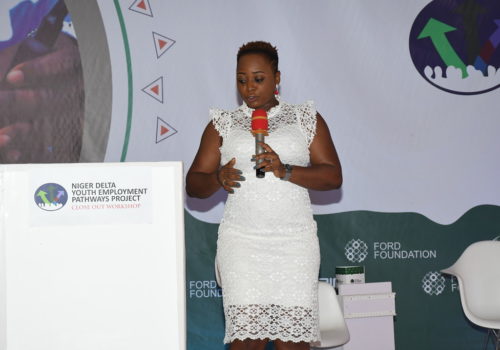
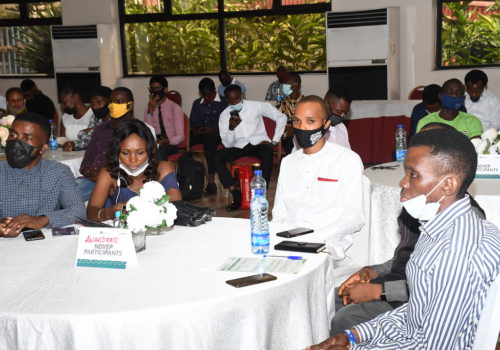
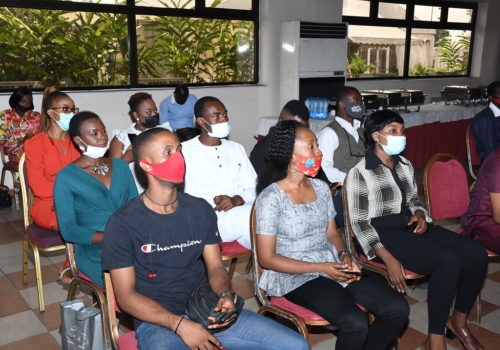
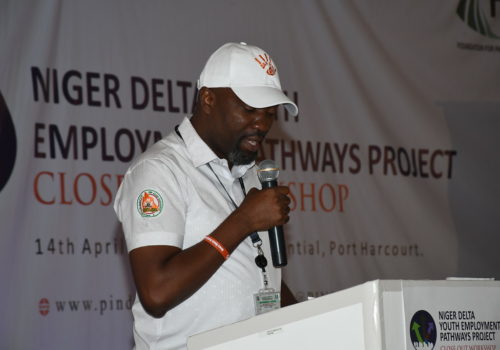
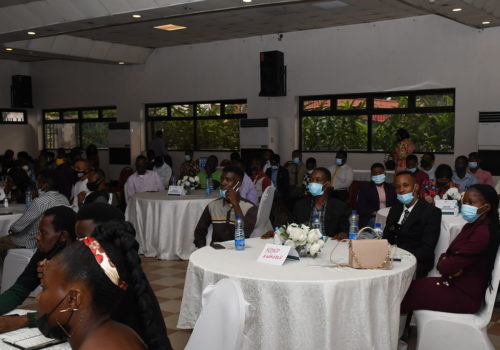




Empower me